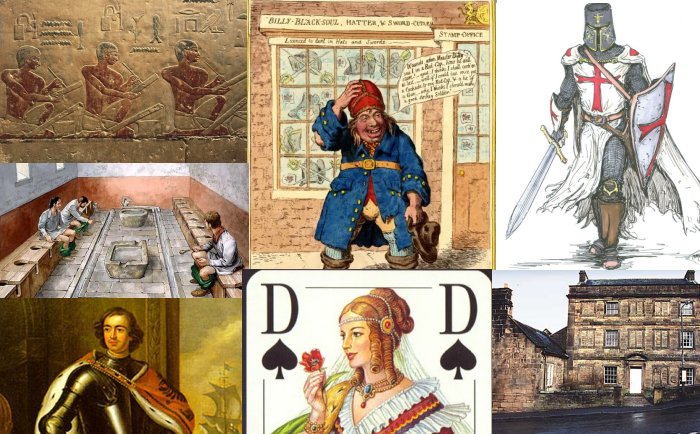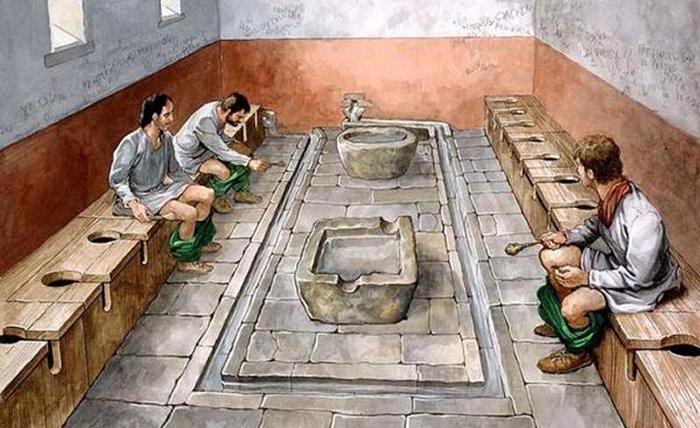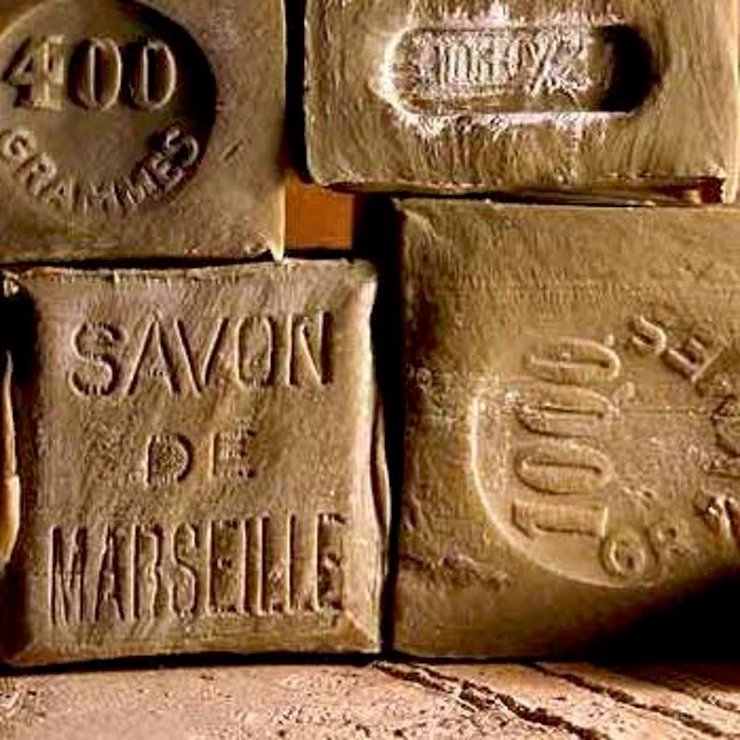10 Most Bizarre Forms Of Ancient Taxes: Surprising And Funny
AncientPages.com - Historical records reveal a number of truly bizarre forms of taxes people had to put up with. Taxation problems date back to earliest recorded history and as astonishing as it may sound, almost anything has been taxed.
In this top list, we have collected a list of some of the weirdest taxes that were imposed in various countries. Prepare yourself for a surprise and some laughter too.
1. Cowardice Tax In Medieval England
A medieval knight in England was in most cases honored to be to be called up to war in service of the King. It was a knight’s duty to oblige when the King demanded him to go to was, but of course there were also knights who refused.
People who did not want to fight for the sake of the King had to pay scutage, popularly know as cowardice tax. This tax existed in England under King Henry I who reigned 1100–1135.
The cowardice tax was initially relatively low, however King John picked it up by 300% and began to take it from all of the knights in those years in which there were no wars. The cowardice tax existed for about 300 years and was eventually replaced by other ways of fund-raising.
2. Ancient Egyptian Tax On Cooking Oil
Egyptians did not have coined money, so their taxes were levied on harvests and property.
During one period a tax was imposed on cooking oil. Ancient Egyptian people tried to slip and slide out of it, but Egyptian Pharaoh’s tax collectors, known as scribes visited the house to make sure that citizens were not re-using their fat, or cooking with cheaper alternatives to avoid the cooking oil tax.
The tax was paid to the Pharaoh, who also owned the oil!
3. Tax On Urine In Ancient Rome
In ancient Rome, human urine was a valuable commodity. Urine was used for a variety of reasons such as tanning, laundering, and even teeth brushing!
Emperor Vespasian (r. A.D. 69-79) and Emperor Nero (r. A.D. 54-68) discovered a golden opportunity to profit from pee. They levied a tax on the acquisition of urine. The result of the urine tax led to the popular Latin phrase Pecunia non alet which means Money does not stink.
4. Window Tax In England
In 1696, England implemented a window tax. Each household had to pay tax based on how many windows the house had.
As a result of this, many houses had few windows and it was very cold indoors. Eventually this became a health problem and ultimately led to the tax’s repeal in 1851.
5. Beard Tax In Russia And England
Shave or pay tax! That was the choice men had in 1698 when Peter the Great, a Russian czar in the late 17th century imposed a tax on the beard that in his opinion was an old-fashioned choice. However, Peter the Great was not the first to introduce tax on facial hair.
In 1535, King Henry VII levied a tax on facial hair with the amount depending on status. The fee increased relative to the beard owner’s place in society. The beard-wearing Henry was exempt, of course. In England, facial hair became a symbol of stature.
6. Tax On Candles In England
In 1789, England introduced a tax on candles. People were forbidden from making their own candles unless they obtained a license and then paid taxes on the candles they produced. The tax was repealed in 1831, leading to a more widespread popularity of candles.
See also:
10 Fascinating Facts About Pharaohs
7. Tax On Hats In England
In 1784, the British government attempted to force men wearing a hat to pay tax. The tax was introduced during the first ministry of Pitt the Younger.
The tax depended on how expensive the hat was. The government assumed that the rich would have a large number of expensive hats, whereas the poor might have one cheap hat or none at all. The hat tax lasted until 1811.
8. Soap Tax During The Middle Ages
Being poor during the Middle Ages meant one was dirty. There was a tax on soap and many of the lower classes could never afford to pay it. The soap tax remained in effect for a very long time and Great Britain did not repeal it until 1835.
9. Tax On Playing Cards In England
Playing cards were taxed as early as the 16th century, but in 1710, the English government dramatically raised taxes on playing cards and dice. This led to widespread forgeries of playing cards to avoid paying taxes. The tax was not removed until 1960.
10. Chinese Head Tax In Canada
This tax cannot be labeled funny. For nearly 40 years, Canada imposed a tax on all immigrants from China. The Chinese Head Tax was Canada’s attempt to stop the large influx of Chinese immigrants who came north from San Francisco following the gold rush to the Fraser River Valley in 1858.
The tax was unfair and the Chinese were underpaid. No other ethnic group had to pay anything, but the Chinese were forced to pay $50, an amount that later rose to $500 by 1903.
See also:
Truly Bizarre And Most Fearsome Ancient Helmets Ever Seen
After settling the Chinese earned only $1 and that was half the wage white men would have earned.
The Canadian federal government collected about $23 million from the Chinese head tax.
Copyright © AncientPages.com All rights reserved. This material may not be published, broadcast, rewritten or redistributed in whole or part without the express written permission of AncientPages.com
Expand for referencesMore From Ancient Pages
-
 Ancient Underwater City Of Heracleion Reveals More Archaeological Treasures
Archaeology | Jul 21, 2021
Ancient Underwater City Of Heracleion Reveals More Archaeological Treasures
Archaeology | Jul 21, 2021 -
 Evidence Of 10,000 Years Of Violent Conflict Among The Hunter-Gatherer Societies In The Atacama Desert
Archaeology | Oct 2, 2023
Evidence Of 10,000 Years Of Violent Conflict Among The Hunter-Gatherer Societies In The Atacama Desert
Archaeology | Oct 2, 2023 -
 On This Day In History: Great Sheffield Flood – Largest Man-Made Disaster Occurred In England – On Mar 11, 1864
News | Mar 11, 2017
On This Day In History: Great Sheffield Flood – Largest Man-Made Disaster Occurred In England – On Mar 11, 1864
News | Mar 11, 2017 -
 Ancient Mysteries And Curious Legends Of Chimney Rock And Grandfather Mountain In North Carolina
Featured Stories | Feb 5, 2024
Ancient Mysteries And Curious Legends Of Chimney Rock And Grandfather Mountain In North Carolina
Featured Stories | Feb 5, 2024 -
 How Ancient Seascapes Shaped The Genetic Structure Of European Populations
Archaeology | May 20, 2022
How Ancient Seascapes Shaped The Genetic Structure Of European Populations
Archaeology | May 20, 2022 -
 Fisherman Pulls A Viking Sword From The River Cherwell, Oxford, UK
Archaeology | Mar 6, 2024
Fisherman Pulls A Viking Sword From The River Cherwell, Oxford, UK
Archaeology | Mar 6, 2024 -
 Eshu The Trickster: Mischievous Mediator Between Heaven And Earth In Beliefs Of Yoruba People
African Mythology | Apr 4, 2019
Eshu The Trickster: Mischievous Mediator Between Heaven And Earth In Beliefs Of Yoruba People
African Mythology | Apr 4, 2019 -
 Mystery Of Sacred Groves Of Oshogbo And Its Remarkable Ancient Figures
Featured Stories | Nov 25, 2023
Mystery Of Sacred Groves Of Oshogbo And Its Remarkable Ancient Figures
Featured Stories | Nov 25, 2023 -
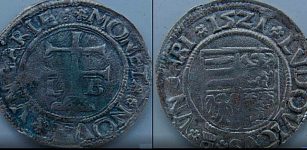 Treasure Coins Dated To 15th And 16th Century Unearthed In Historical Region Of Slovakia
Archaeology | Apr 17, 2019
Treasure Coins Dated To 15th And 16th Century Unearthed In Historical Region Of Slovakia
Archaeology | Apr 17, 2019 -
 New Video Footage Reveals Intriguing Viking-Style Shipwreck At The Bottom Of Norway’s Largest Lake Mjøsa
Archaeology | May 5, 2023
New Video Footage Reveals Intriguing Viking-Style Shipwreck At The Bottom Of Norway’s Largest Lake Mjøsa
Archaeology | May 5, 2023 -
 Mysterious Crypt Points To A Rosicrucian Secret That Was Never Meant To Be Revealed
Featured Stories | Aug 1, 2024
Mysterious Crypt Points To A Rosicrucian Secret That Was Never Meant To Be Revealed
Featured Stories | Aug 1, 2024 -
 Unknown Fragments Of Two Euripides Tragedies Found In Egyptian Grave
Scripts, Paintings & Inscriptions | Sep 9, 2024
Unknown Fragments Of Two Euripides Tragedies Found In Egyptian Grave
Scripts, Paintings & Inscriptions | Sep 9, 2024 -
 Ancient Chaco Canyon Was Much More Than A Ceremonial Site New Study Reveals
Archaeology | Oct 28, 2021
Ancient Chaco Canyon Was Much More Than A Ceremonial Site New Study Reveals
Archaeology | Oct 28, 2021 -
 Underwater Nabataean Temple With Marble Altars Discovered In Pozzuoli
Archaeology | Apr 12, 2023
Underwater Nabataean Temple With Marble Altars Discovered In Pozzuoli
Archaeology | Apr 12, 2023 -
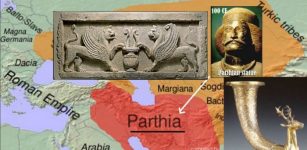 Next Discovery In Tepe Ashraf, Isfahan – Archaeologists May Have Stumbled Upon Ancient Necropolis
Archaeology | Aug 16, 2020
Next Discovery In Tepe Ashraf, Isfahan – Archaeologists May Have Stumbled Upon Ancient Necropolis
Archaeology | Aug 16, 2020 -
 Mysterious Grave Of King Valdemar IV Atterdag – Will The 600-Year-Old Historical Puzzle Ever Be Solved?
Featured Stories | Jul 14, 2018
Mysterious Grave Of King Valdemar IV Atterdag – Will The 600-Year-Old Historical Puzzle Ever Be Solved?
Featured Stories | Jul 14, 2018 -
 Ancient European Buildings Form A Sacred Symbol When Viewed From The Air – Scientist Reveals
Ancient Symbols | Jun 15, 2018
Ancient European Buildings Form A Sacred Symbol When Viewed From The Air – Scientist Reveals
Ancient Symbols | Jun 15, 2018 -
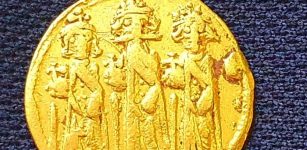 Rare Ancient Gold Coin Depicting Emperor Heraclius And Hill Of Golgotha Discovered In Israel
Archaeology | Aug 25, 2021
Rare Ancient Gold Coin Depicting Emperor Heraclius And Hill Of Golgotha Discovered In Israel
Archaeology | Aug 25, 2021 -
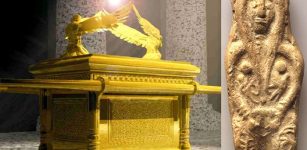 Was A Statue Of Asherah Hidden In The Ark Of The Covenant?
Artifacts | Dec 26, 2017
Was A Statue Of Asherah Hidden In The Ark Of The Covenant?
Artifacts | Dec 26, 2017 -
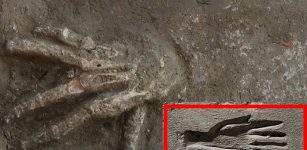 Mysterious Ancient Egyptian Severed Hands Practice Investigated By Scientists
Archaeology | Apr 1, 2023
Mysterious Ancient Egyptian Severed Hands Practice Investigated By Scientists
Archaeology | Apr 1, 2023

